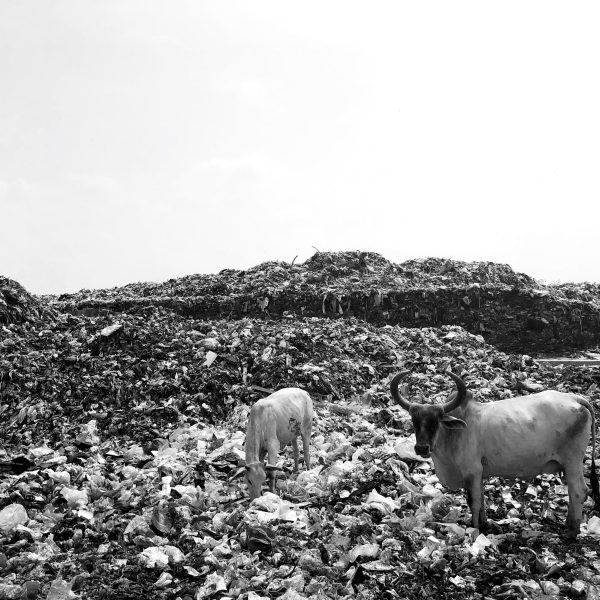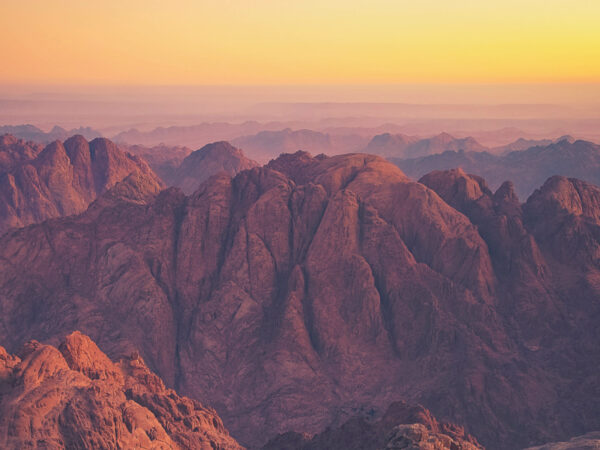
The transfiguration stories in scripture, and their mountains, are not places of answers. They are places of raw honesty about our own limits. They are places where words give way to water that flows where it will, to sustain life. They are places of confronting grief and loss. They are places of silence. And these mountains are places to wonder at the mystery of the God who created us to need each other and this earth.

Native peoples in the Americas understand the universe as alive and sentient. All phenomena in it are understood to be a distinct expression of life force, or spirit. Since all persons – human and other-than-human – such as plants, animals, rivers, winds, and mountains are expressions of spirit, they are understood to be interconnected and contingent.
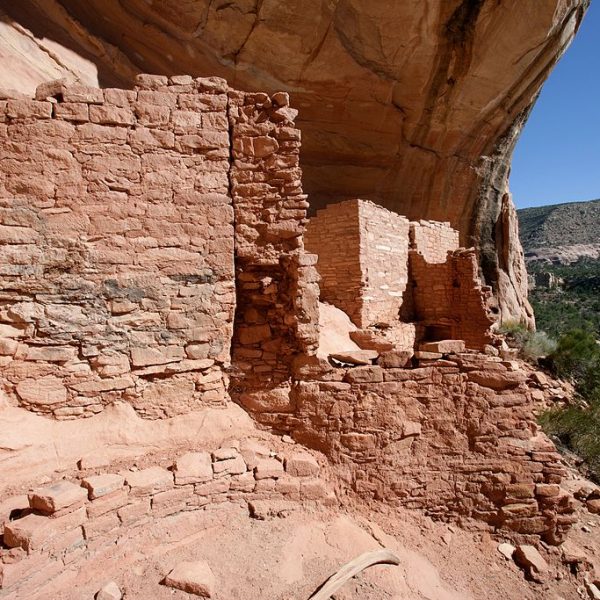
I am interested in exploring and critiquing the discursive implications of designating this area as wilderness, given the history of this idea and its role in dispossessing Indigenous communities.

While not often recognized as political theology proper, environmental justice movements have for decades been sites of normative creativity. Sometimes overlooked as conventional rights-based complaints against locally unwanted land uses, these movements have in fact depicted ecologies of white supremacy while deploying rights, sacralizing land, and reimagining the human in ways that would utterly reconstruct the basis of politics.
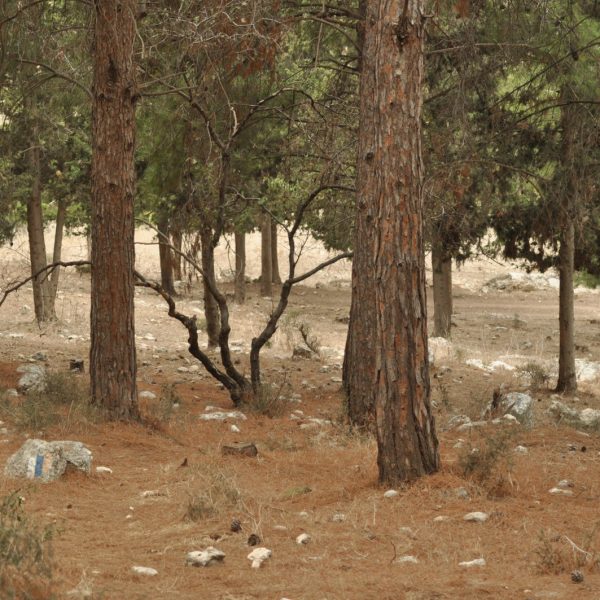
When did the discourse on climate change begin? How was it related to colonialism? And in what way did it serve political objectives in Israel/Palestine throughout the 20th century?
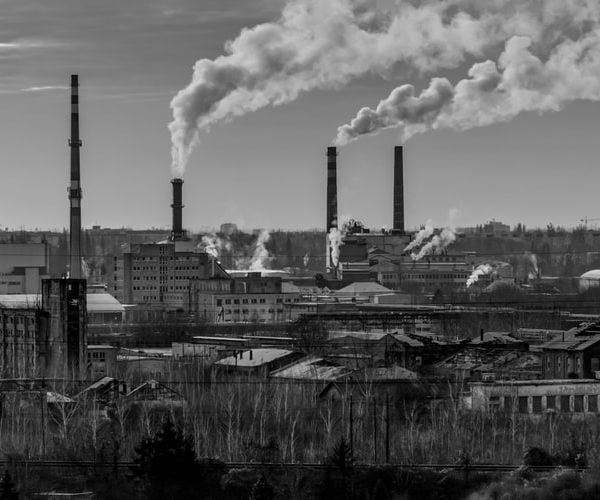
Humans have grown exponentially in our propensity and power to conquer the earth itself. Despite being newcomers relative to neighboring species, humans usually behave as if we owned the place. But Psalm 95 speaks clearly: When we come into God’s presence—and there is no place God is more vividly present to us than in creation’s midst—the psalm says to come with thanksgiving, the polar opposite of greed.

The greatest potential implication of Isaiah 11:1–10 lies in the way it disrupts our expectations of justice, equality, and peace by framing of our narratives of the perfect society and unsullied nature. Rather than Utopia, the passage offers us a vision of a perfectly imperfect world order in absolute harmony.


